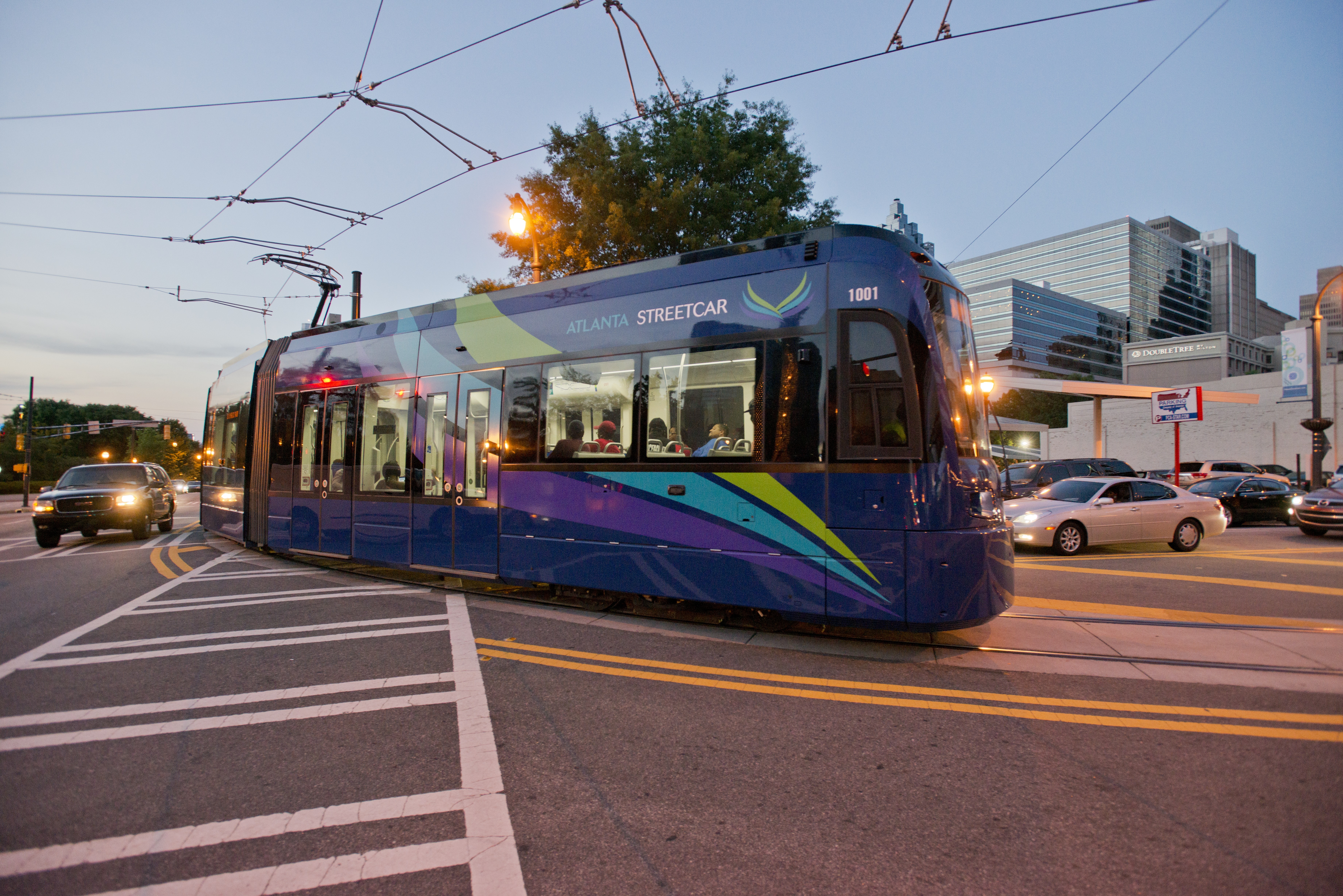A recent survey by the Washington-based Natural Resources Defense Council (NRDC), a pro-transit environmental-advocacy group, found Americans favored more local government spending on buses, trains, and light rail by a wide ratio: 68 percent to 25 percent. But when asked how to pay for improvements in transit and highways, Americans said no to higher fuel and sales taxes, preferring systems that require developers and commercial landowners to foot the bill
A recent survey by the Washington-based 6572 Natural Resources Defense Council (NRDC), a pro-transit environmental-advocacy group, found Americans favored more local government spending on buses, trains, and light rail by a wide ratio: 68 percent to 25 percent.
But when asked how to pay for improvements in transit and highways, Americans said no to higher fuel and sales taxes, preferring systems that require developers and commercial landowners to foot the bill, although they did agree with highway tolls.
Rob Perks, transportation-advocacy director for the NRDC, said voters more often supported specific tax increases for specific local projects than general tax increases.
The NRDC survey of 800 likely voters nationwide and 150 likely voters in Philadelphia found wide support for increasing public transit rather than building more roads to relieve congestion and reduce pollution.
But the survey also found many people resistant to using public transit because they liked driving or because they have found transit inconvenient.
But when asked how to pay for improvements in transit and highways, Americans said no to higher fuel and sales taxes, preferring systems that require developers and commercial landowners to foot the bill, although they did agree with highway tolls.
Rob Perks, transportation-advocacy director for the NRDC, said voters more often supported specific tax increases for specific local projects than general tax increases.
The NRDC survey of 800 likely voters nationwide and 150 likely voters in Philadelphia found wide support for increasing public transit rather than building more roads to relieve congestion and reduce pollution.
But the survey also found many people resistant to using public transit because they liked driving or because they have found transit inconvenient.







